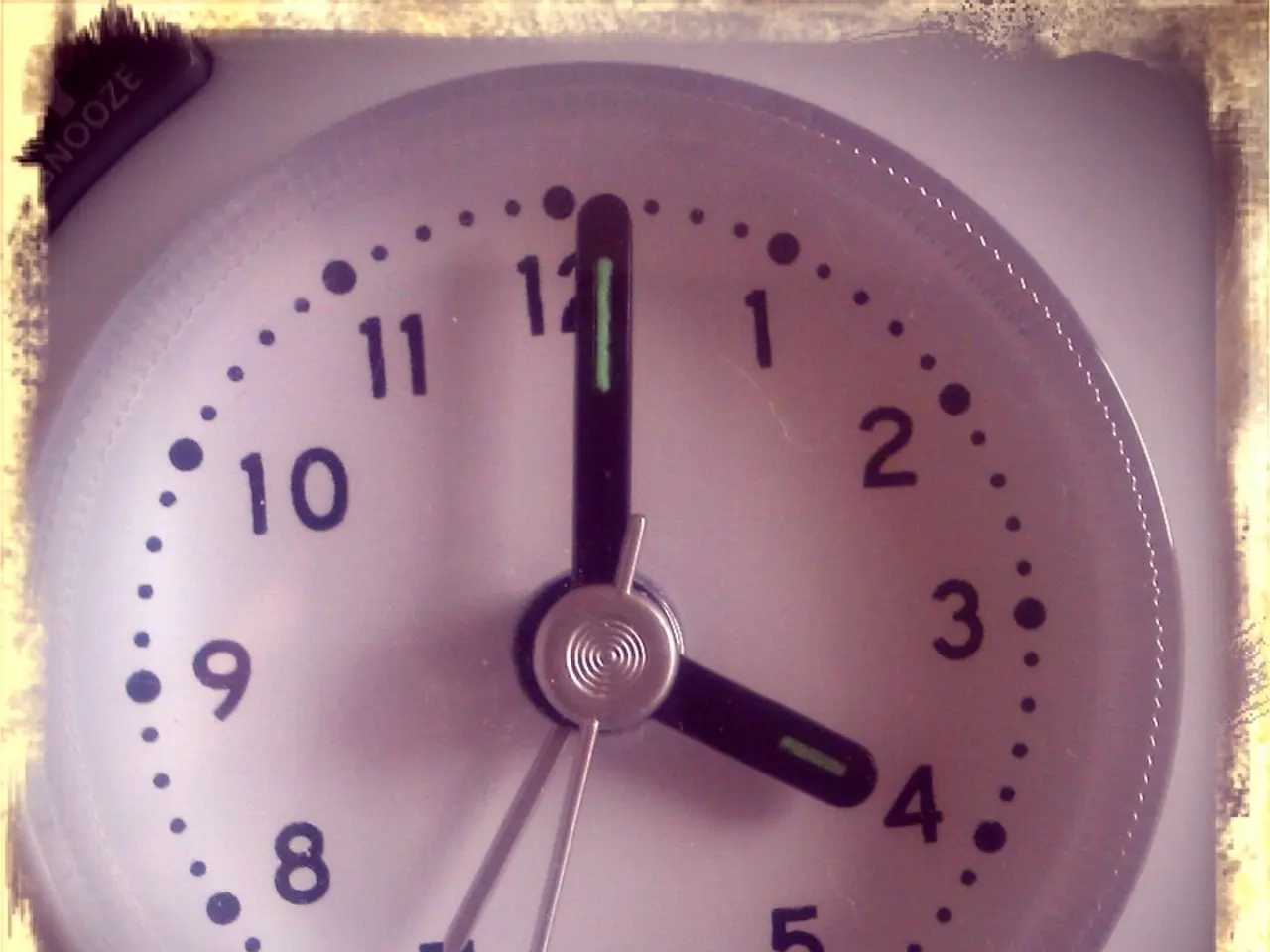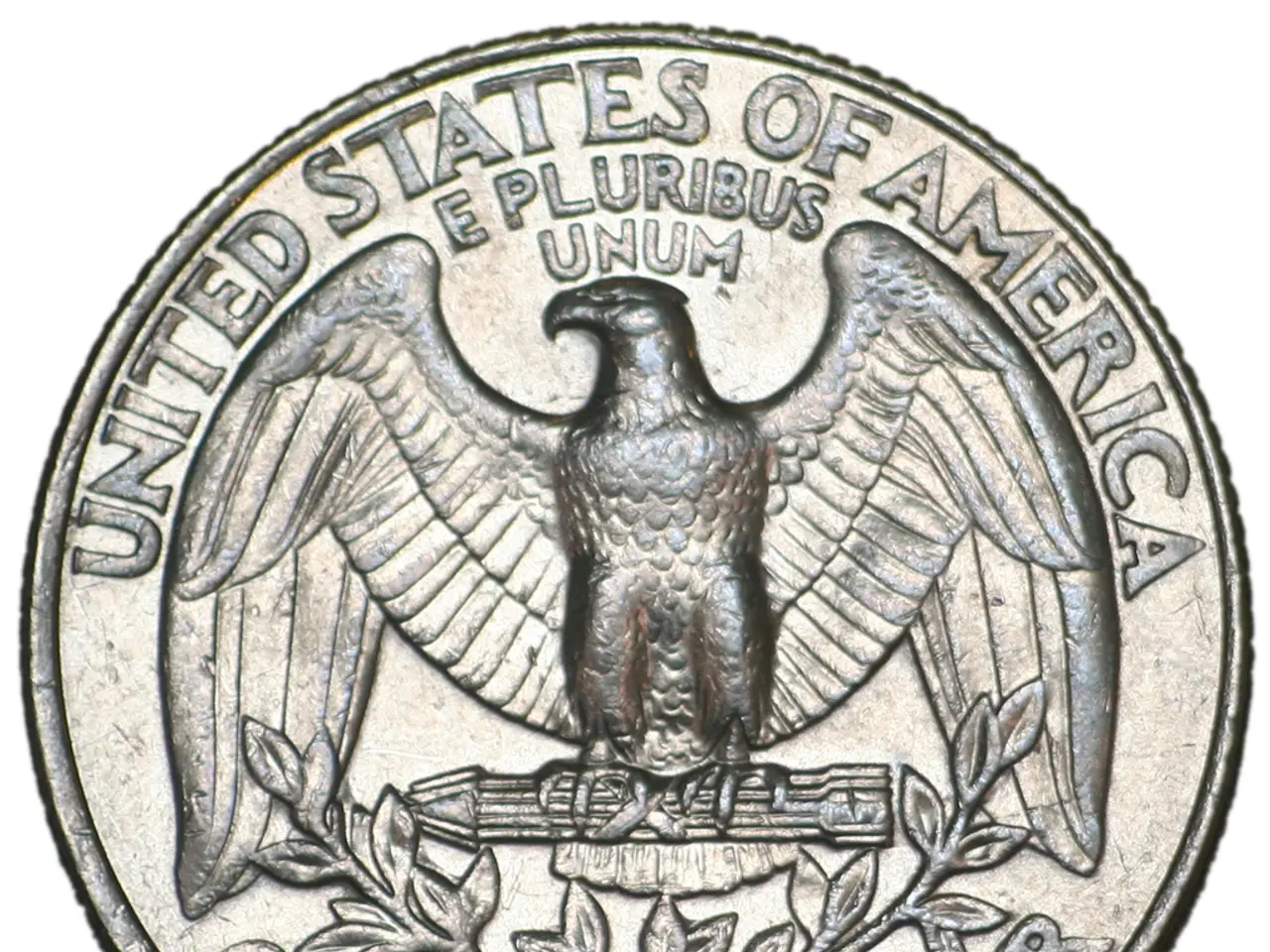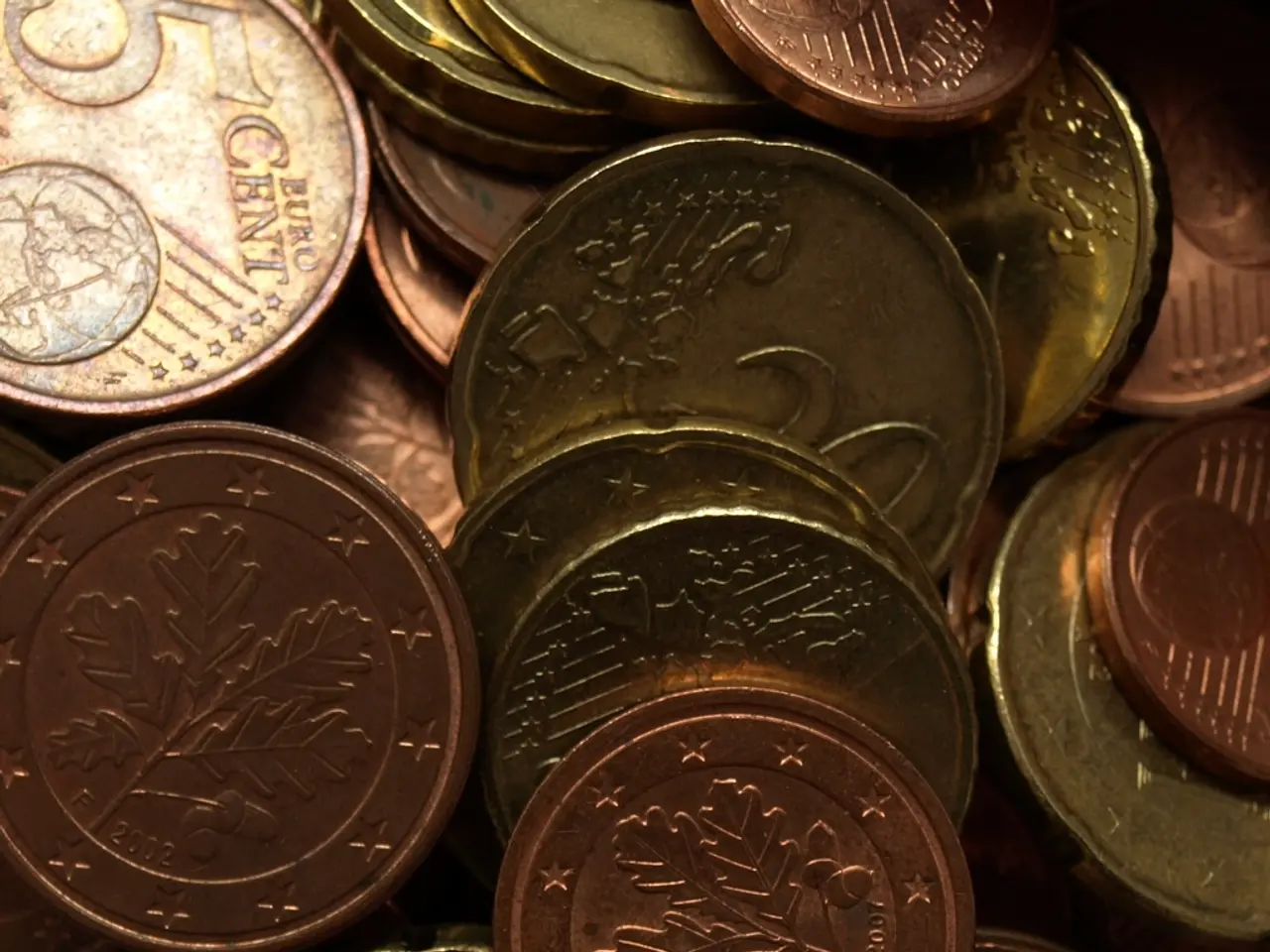Uncovering the Millions in Savings from Smart Water Meters Empowered by LoRaWAN® Technology
In today's world, water is a valuable and scarce resource, especially in many parts of the globe. To address this issue, we've been utilizing groundbreaking technologies like LoRaWAN to create smart water meters and management systems. These innovative solutions help minimize waste, optimize supply, and cut energy consumption.
LoRaWAN, a Low Power Wide Area Network, is one of the advanced LPWAN technologies that can be seamlessly integrated into smart city projects for big data analysis of the water industry's efficiency. By using a single LoRaWAN® technology gateway, you can connect numerous LoRaWAN® smart meters to monitor leaks, perform automatic meter reading, save drinking water, and detect faults.
A LoRaWAN® smart water meter is essentially a self-developed device that communicates over LoRaWAN®. It offers services such as water measurement, valve control, and remote monitoring. These smart devices help homeowners identify leaks promptly and make repair tasks easier. By analyzing usage patterns, these smart water meters can help you save on your daily water use and cut down on energy costs.
How do LoRaWAN Smart Water Meters Function?
With advancements in wireless connectivity in the water industry, people have been asking, "What are LoRaWAN smart water meters?" Well, the smart water metering IoT system is essentially a straightforward combination of various water sensors that gather up-to-date information and send precise data to cloud storage. Unlike traditional meters, smart water meters use numerous advanced technologies to automate the gathering and analysis of meter data.
In a typical system, a smart meter with a data logger collects data, a communications technology like LoRaWAN®, an IoT solution, or a sensor, and a server all work together. This smart system often enables utilities or third-party firms to monitor or read water use data continuously in real-time or at predetermined intervals. Customers can also access their consumption statistics via online customer portal systems, making technical or water consumption more cost-effective and optimized.
Different communication technologies like cellular, Wi-Fi, Bluetooth, LoRa, satellite, and others are popular for smart metering. The transmission range, capacity, ability to tolerate interference, and other factors differ among these communication networks. As a result, water utilities may choose to mix wired and wireless technologies to enhance coverage and quality.
Are LoRaWAN Smart Water Meters Accurate?
Concerns about accuracy are common among people when it comes to new technology, including IoT sensors. Although some researchers have claimed that smart water meters can give false readings, traditional water meters are not as accurate as their smart counterparts. Traditional types of water meters transmit readings every three months or yearly, making it challenging to keep track of the condition of water utilities.
In comparison, smart water meters are more reliable and efficient. They are more sensitive to low water flows and easier to install and use. In addition, these smart water utilities allow you to check your water consumption daily, making it easier to detect leaks or water overuse.
In the long run, smart water meters are more accurate than their conventional counterparts as well, reducing the total expenses that a business incurs to maintain a meter. They also help water utilities better manage their resources. So, if you install a smart meter in your home, you can anticipate long-term savings.
LoRaWAN Smart Water Meters Advantages and Concerns
Like any new technology, smart water meters come with a variety of benefits and challenges. Some of the advantages of LoRaWAN smart water meters include their long battery life, quick data gathering, high reliability, and cost-effective and practical solutions. However, they also pose some challenges in terms of installation and maintenance.
Possible Challenges
Concerns about the safety of LoRaWAN smart water meters have been raised by some people. These devices use radiofrequency waves to transmit data to base stations. Although these waves are minor and not harmful to humans, some concerns have been raised about their potential risks. People have questioned whether these devices can increase the risk of fire or explosion.
However, it's essential to note that these water meters are safe when installed by certified professionals and are not easily hacked. Their radiofrequency emissions are not more hazardous than cell phone radiation or other common electronic appliances. Currently, no significant health risks have been associated with the use of these devices (Garis,2013).
Benefits IoT Solutions Can Bring
The biggest benefit of LoRaWAN smart water meters is the elimination of meter reading tasks. The only task for households is to enter a reference number. These meters can also help reduce water bills and save energy. By cutting down on the need for individual meter readers, they are also environmentally friendly. Additionally, they offer long battery life and can last for over 10 years using a single long-life battery.
Successful LoRaWAN Smart Water Metering Solution in Varazdin, Croatia
One successful example of a LoRaWAN smart water metering solution is from Varazdin, Croatia. The project involved attaching a new electronic device or module to an existing mechanical water meter, enabling automatic water flow monitoring, recording water consumption data, and wireless transmission to facilitate remote monitoring and smart management. Over a thousand water meters devices were deployed in manholes and apartment buildings, which formed a new monitoring generation system, Chameleon IoT Platform.
LoRaWAN is ideal for providing cost-effective, scalable, long-range, low-power, and secure bi-directional communication between devices and gateways, making it an ideal solution for transmitting real-time sensor data securely over long distances.
LoRaWAN Smart Water Meters - A Win-Win Situation
Overall, LoRaWAN smart water meters offer numerous benefits for smart cities, including enhanced water conservation, operational efficiency, and environmental impact. They help reduce leaks, promote efficient use, and educate consumers about their water usage, encouraging more efficient practices. They are also scalable, adaptable, and integrate easily into various urban environments, making them a valuable investment for any city's water infrastructure.
If your city is looking to upgrade its water metering system, don't hesitate to contact us! We have a wide range of devices designed to capture and process data quickly and reliably, and our engineering team is always ready to help you make the best choices for your urban water management needs.
- Garis, L. (2013). Revisiting the Safety of Smart Meter Installations in British Columbia. The University Of The Fraser Valley. Retrieved from https://www.ufv.ca/media/assets/criminal-justice-research/SmartMeters-Final.pdf
- Zero Mass Water. (nd). Cape Town tightens water limits to 50 liters per person - Woke on Water. Retrieved 4 April 2022, from https://wokeonwater.org/cape-town-tightens-water-limits-to-50-liters-per-person/
- The integration of LoRaWAN into a smart city's project, such as the water industry, can enable real-time big data analysis, facilitated by a single LoRaWAN gateway that connects numerous smart meters for leak detection, automatic reading, water saving, and fault detection.
- In the smart water metering IoT system, water sensors collect up-to-date information and send precise data to cloud storage, automating the gathering and analysis of meter data, unlike traditional meters.
- LoRaWAN smart water meters are not only reliable and efficient but also more accurate than traditional water meters, aiding in the early detection of leaks or water overuse, and reducing the total expenses for maintenance.




